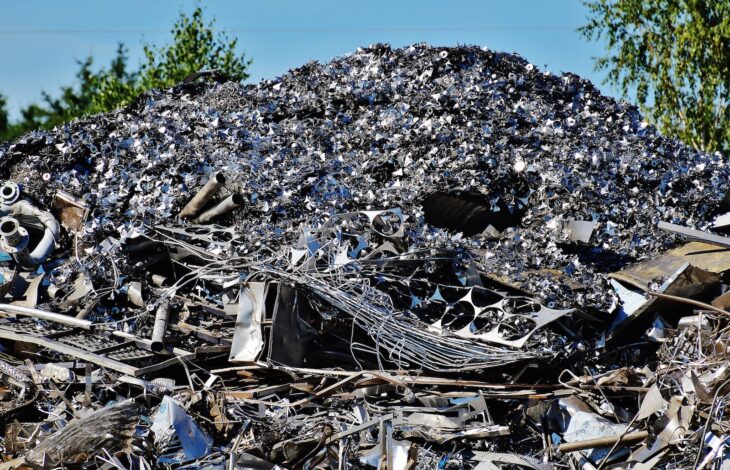The China Nonferrous Metals Industry Association (CMRA), based in Beijing, China, released a list of 26 foreign companies that have been approved by the government of China to import aluminum and copper scrap into the country. This is the second batch of approved suppliers that has been issued since China banned imports of solid waste starting in 2021. These companies join the 16 scrap importers who were listed in the first batch of approvals.
Among the list of scrap suppliers that have received approval in the second batch are OmniSource LLC, Golden Bridge International Group, Calbag Metals, and AMI Trading (USA) Inc. based in the U.S., as well as Ecore Luxembourg SA, Metallum Metal Trading, and Tesla Recycling Spolka in Europe. Several trading and recycling firms from Japan, Malaysia, Hong Kong, and other countries were also included on the list.
Over the past several years, China has been increasing its barriers on the import of aluminum scrap. China introduced its National Sword campaign in 2017, which increased the standards for the import of scrap materials (metals, plastics, paper, etc.) into the country. Historically, China has accepted material with purity levels of 90-95%, but the 2017 standards pushed the purity requirements up to 99% or higher.
For aluminum, this primarily affects scrap grades such as zorba and twitch. Zorba is a mix of shredded metal that predominantly contains aluminum but may also include copper, nickel, stainless steel, tin, zinc, lead, and magnesium. Twitch is a grade with higher aluminum content than zorba. Both zorba and twitch require further sorting in order to be ready for remelting into aluminum products. The U.S. and Europe have traditionally exported this grade of scrap to countries like China, where sorting is often performed by hand. Prior to the National Sword campaign, about 70% of the aluminum imported into China was zorba.
More recently, China initiated a plan to impose an outright ban on all types of metal scrap, which was expected to take effect at the beginning of the year. However, the country has since backed off from this plan, instead choosing to implement a system that would allow for a select amount of imported aluminum and copper scrap, which has been reclassified as recycling resources and fall under a new set of standards.

